The content of the article
It is hardly worth listing the medicinal properties and mentioning the vitaminizing potential of the tart fruits of sea buckthorn. But the leaves of this medicinal plant are often undeservedly ignored even by herbalists. Nevertheless, they help to cope not only with colds, but are also quite effective in treating disorders such as anemia or cardiopathy and a number of other diseases.
Substances contained in sea buckthorn leaves
Three compounds and a group of acids possess the most pronounced healing properties, which accumulate the leaves of this plant in appreciable amounts.
- Serotonin. The neurotransmitter, commonly known as the "hormone of happiness." However, its production by the body or its reception not only contributes to the overall improvement of the functionality of the nervous system (normalization of sleep or improvement of cognitive processes, for example). Serotonin also prevents the development of malignant tumors.
- Tannins. It is the presence of these polyphenolic compounds that provides the astringent taste characteristic of the fruits and leaves of sea buckthorn. The content of tannins in them can reach 10%. Their benefits are anti-inflammatory effects.
- Tannin compounds. Provide antiseptic properties of both infusions and decoctions of sea buckthorn leaves.
- Oleanolic acid. Combines hepatoprotective and antiviral properties.
- Ascorbic acid. One of the main "bricks" of bone and connective tissue.
- Ursolic acid. Fat burner with wide anabolic properties; able to inhibit the growth of cancer cells.
In general, sea buckthorn leaves are best known for their hepatoprotective effects. Its severity allows researchers to consider funds based on this leaf as effective as, for example, chicory or milk thistle, which have similar properties. So, to effectively protect the liver from negative factors of interaction with carbon tetrachloride, it is sufficient to take a daily dose of 100 mg of sea buckthorn leaf extract.
Practical use
Common methods of using sea buckthorn leaf are drinking broth, infusion, or tea prepared on their basis. The listed drink is effective for the treatment of the following conditions and disorders:
- ARVI treatment. In addition to the fact that sea buckthorn tea is a cure for seasonal diseases, it can be used as an immunizing prophylactic.
- Correction of high blood pressure. The antihypertensive properties of both decoctions and tinctures based on sea buckthorn leaves can not only prevent the development of hypertension, but also contribute to the normalization of impaired pressure.
- Cardiopathy treatment and vascular wall strengthening. The positive effect of the above funds on such conditions as angina pectoris, coronary heart disease and other cardiopathies was noted. The substances contained in the leaves of sea buckthorn can not only lower blood pressure, but also cleanse the bloodstream.
- Diabetes. Both infusions and decoctions prepared on the basis of sea buckthorn leaf have pronounced hypoglycemic properties. This allows you to effectively combine them (but not replace!) With other drugs for the treatment of diabetes.
- Joint pathology. The soreness and swelling of the compounds characteristic of rheumatoid arthritis or gout can be alleviated by taking agents using sea buckthorn leaf. This practice is especially relevant during periods of exacerbation of joint diseases.
- Liver disease. American researchers have revealed the hepatoprotective properties of sea buckthorn leaf. This feature allows you to use it as a means of regenerating liver cells with inflammation of this organ.
Recipes
- Tea. The most affordable way to use sea buckthorn leaves. For 1 tablespoon of boiling water, prepare 1 tablespoon of dried or fresh leaves. Pour the leaves into a container of glass or earthenware, pour boiling water; strain after 15-20 minutes of infusion. Received tea to drink warm, daily intake of 2-3 times. The addition of honey / sugar is acceptable. Excellent prevention of both acute respiratory viral infections and inflammatory diseases. As a means of general influence, such tea is an excellent help in the fight against insomnia, manifestations of irritability, apathy and unmotivated mood changes.
- Infusion. To prepare it, you will also need a dry or fresh leaf. For every 500 ml of boiling water you need 2 tablespoons of herbs. An ideal container for insisting is a thermos, which should be placed in a warm place for half an hour - an hour. Strain the resulting liquid; reception of infusion - daily, 3-4 times per ¼ tablespoon. This remedy is recommended for use in cases of joint diseases or metabolic disorders. With blepharitis, the external use of the infusion of sea buckthorn leaves is to wash the eyes.
- Decoction. For 1 liter of boiling water, 4 tablespoons of leaves will be required. Bring the leaves filled with cold water to a boil, then cook for 10-15 minutes in a water bath or at low heat. Let it brew for 30-40 minutes; drain, cool. Although the decoction is more difficult to prepare than - for example - tea, the spectrum of its therapeutic effect is much wider compared to conventional infusion. In addition, the advantage of the decoction is that it is in it that tannins pass in much larger quantities. It is effective in pathologies: gastrointestinal tract, cardiovascular system, liver, dental nature (stomatitis, gingivitis). It is also used to treat throat (pharyngitis, tonsillitis, acute respiratory viral infections), with diabetes, high blood pressure. To treat lesions of the mucous membrane of the mouth and throat with rinses. The remaining listed diseases require prolonged use of the broth 3-4 times a day for ¼-1/2 tablespoons. By the way, its use is possible even in cases of diagnosed stomach ulcers and duodenal ulcers. It effectively eliminates irritation and inflammation in the digestive system. It is possible to use the prepared broth and as a means for external application. For example, it may be effective for seborrhea or hair loss. In addition, lotions with decoction are used to get rid of blackheads and excessive sweating.
- Alcohol tincture. The advantage of this tool is the shelf life. The healing properties of the leaf are preserved for years, simultaneously relieving the owners of the tincture from the hassle of preparing decoctions. Another plus of this form of preparation of the sea buckthorn medicine is that the solubility of serotonin in alcohol is much higher than in water. Ingredients: ½ tablespoon of 40% alcohol per 2 tablespoons of dried leaf / 5 tablespoons of fresh leaves. Insist 2 weeks in a dark place, occasionally mix the tincture. Take ½-1 teaspoon 2-3 times a day, based on the dynamics of the disease.
In addition, the medicinal use of sea buckthorn leaves is possible not only as an independent ingredient in certain products, but also as part of the collection in combination with other plants. For example, a mixture may be effective, which, in addition to sea buckthorn leaves, includes inflorescences of chamomile, viburnum branches or horsetail. It is recommended for use in disorders such as psoriasis or neurodermatitis.
Contraindications
The advantages of sea buckthorn leaves are not only in their versatility in use, but also in safety. So, funds based on them can be taken during pregnancy and breastfeeding. Infusions and decoctions can be given to children from the age of 1 year. Contraindications apply only to tincture of sea buckthorn leaf and are common to all alcohol-containing products. Their use is prohibited during breastfeeding, pregnancy, as well as persons with liver pathologies and children under 12 years of age. And, of course, the use of tinctures is unacceptable when working with high security requirements, complex devices / mechanisms, driving vehicles.
Before a course of prophylaxis / treatment with sea buckthorn leaves, it is recommended to consult a doctor.
Video: health benefits of sea buckthorn

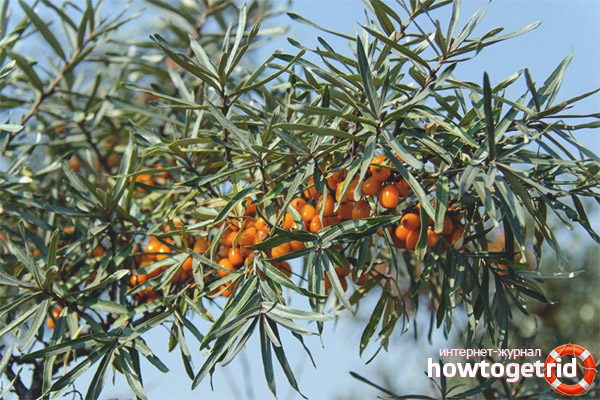
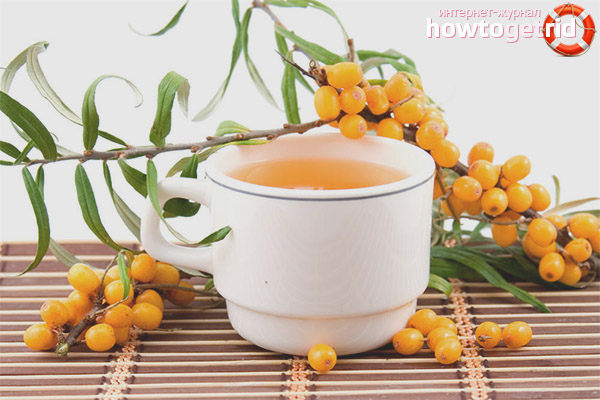
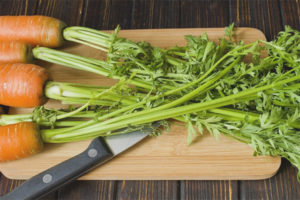
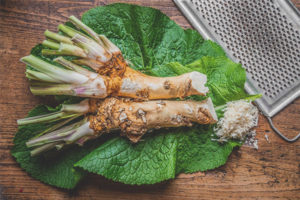
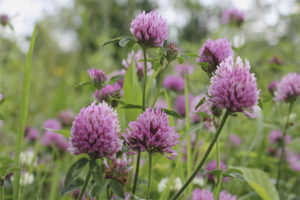
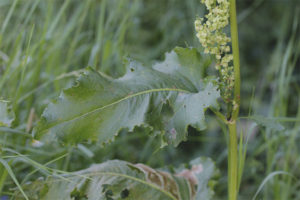
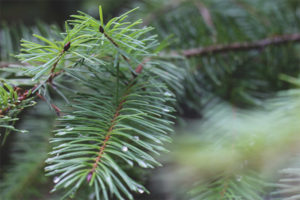
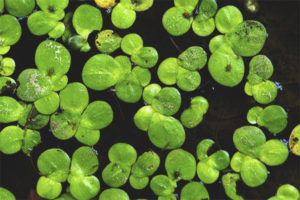
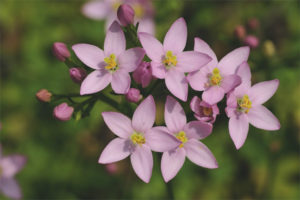
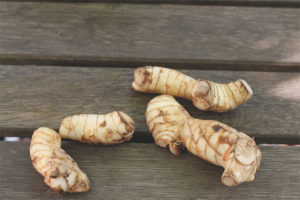
Submit